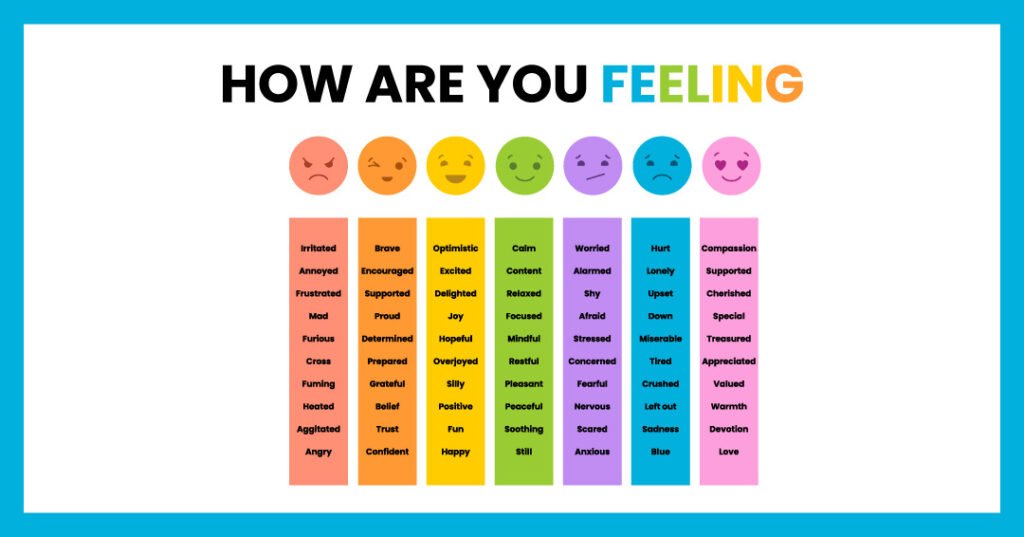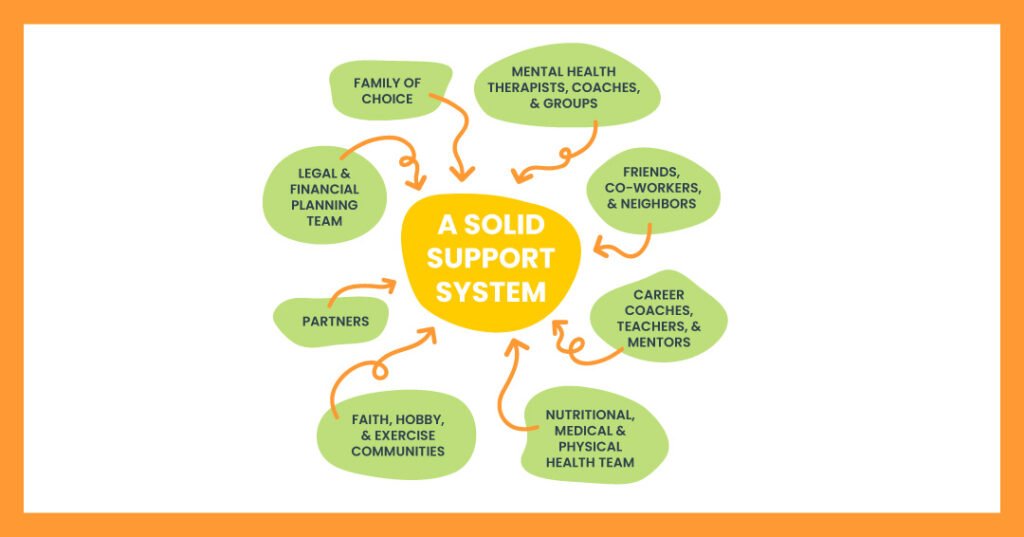Navigating Loss with Compassion and Resilience
Written by Samruddhi Prabhudesai, MS, MHC-LP
Grief never ends, but it changes. It’s a passage, not a place to stay.
Grief is not a sign of weakness, nor a lack of faith. It is the price of love.
Grief is a complex and powerful experience that touches us all at some point. It’s a universal experience, yet deeply personal. Whether it’s the loss of a loved one, a relationship, a job, or a dream, grief manifests in many forms and can feel overwhelming. Grief is not a one-size-fits-all experience; it’s a unique journey for each individual. The grieving process often involves a range of emotions, including sadness, anger, guilt, and even relief. Recognizing that these feelings are normal and valid responses to loss is essential. By acknowledging and accepting our emotions, we can begin to heal.

In the midst of sorrow, it’s natural to feel overwhelmed, lost, and unsure how to move forward.
However, amidst the pain, there is also the potential for growth, healing, and resilience.
Understanding the grieving process and learning healthy coping mechanisms can help us navigate this journey with compassion and resilience.
| MYTHS | FACTS |
|---|---|
| We only grieve deaths | We can grieve any and all losses |
| Grief has orderly stages that are completed | Our reactions to grief are not linear. We do not “complete” one stage before we move on to the next |
| Grief and mourning are the same | Grief can produce many behaviors and feelings; mourning is one of them |
| Grief has an endpoint | Grief does not end it changes and needs to be managed and actively worked on |
| The goal of grief is to find closure | Yearning to seek closure is natural, and it may not result in resolved feelings of grief |
Acknowledge Your Feelings
When grief strikes, it’s essential to acknowledge and validate your emotions. Allow yourself to feel the pain, sadness, anger, and confusion. Suppressing these feelings can prolong the healing process. Instead, permit yourself to grieve whatever feels right for you. Expressing your emotions can be a cathartic release through tears, journaling, or talking to a trusted friend.

Lean on Your Support System
It’s crucial to lean on the support of friends, family, and community during grief. Surround yourself with people who uplift and understand you. Share your thoughts and feelings openly, knowing you are not alone in your pain. Whether it’s a shoulder to cry on or a listening ear, having a support system can provide comfort and solace during difficult times.

Practice Self-Compassion
Grieving is not a linear process, and there is no right or wrong way to navigate it. Be gentle with yourself and practice self-compassion as you move through the stages of grief. Allow yourself to rest, nourish your body, and engage in activities that bring you comfort and joy. Remember that healing takes time, and taking things one day at a time is okay.
Seek Professional Help if Needed
While grief is a natural response to loss, sometimes it can become overwhelming and impact your daily life. If you find yourself struggling to cope or experiencing prolonged symptoms of depression or anxiety, don’t hesitate to seek professional help. A therapist or counselor can provide guidance, support, and coping strategies to help you navigate the complexities of grief.

Practice Self-Care
Grieving can be physically and emotionally exhausting, so it’s crucial to prioritize self-care during this time. Make time for activities that nourish your body, mind, and soul, whether exercising, meditation, spending time in nature, or engaging in hobbies you enjoy. Remember to prioritize rest and permit yourself to take breaks when needed.

Grief is a natural and inevitable part of the human experience, but it doesn’t have to define us. It is a journey filled with twists and turns, ups and downs. It’s a learning process to live with loss while finding hope and meaning amid pain. By acknowledging your feelings, leaning on your support system, practicing self-compassion, honoring your loved one’s memory, and seeking professional help if needed, you can navigate grief with grace and resilience. By embracing our grief with compassion and resilience, we can learn and grow from our experiences, finding meaning and healing along the way. Remember, you are not alone on this journey; healing is possible, and there is hope for a brighter tomorrow.
References:
Grief Myths vs. Facts. The Warm Place (2016, August 31)



You must be logged in to post a comment.